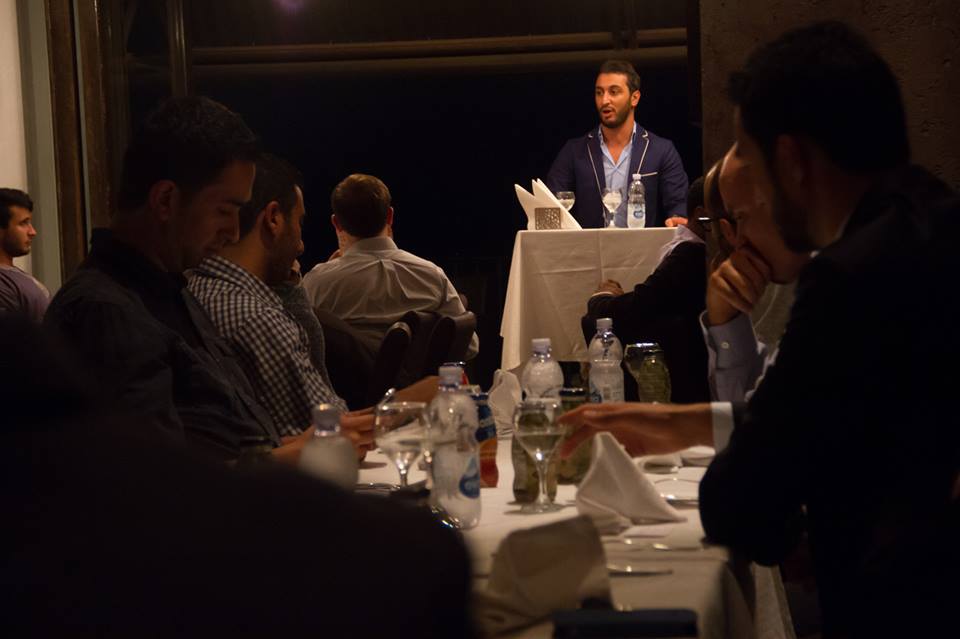By Muhammad Elosta.

Tripoli, 6 November 2013:
On a Sunday night recently a group of some 30 political figures, analysts, activists, economists and . . .[restrict]the like met over a dinner in Tripoli’s Gargaresh district. Included were Libyans who have never left the country, others with dual nationality as well as members of NGOs and international organisations. They were there at the invitation the Sadeq Institute, Libya’s first post-revolution think-tank.
The aim of the institute, founded in September 2011 by Anas El Gomati, its present director, is to help Libyans to openly express their political opinions as well as to create activists within Libyan society. It likes to say that has three main objectives – pluralism through ideas, accountability through research and change through participation.
Those aims were clearly on show that evening. The subject for discussion and debate was Libya’s future.
One of the first subjects addressed was the steps taken so far in setting up the 60-member committee that will draft the country’s new constitution.
Looking next at the current dysfunctionality of the Libyan political system, many present remarked that the main problem facing the country was the way government was organised both at national and local levels. The need to decentralise power while retaining a unitary system was powerfully expressed.
The way the system works (or does not) was put in the spotlight with a simple question: “Do people trust their government?” – a question that most Libyans would almost certainly answer in the negative.
For Tarek Megerisi, a political analyst with the Sadeq Institute, the government’s main problem was Communication. Anyone looking at successful governments and government institutions around the world would see that they had excellent communication between both people and themselvs, he stated. Using the United States as a example, he noted that the White House uses the correspondents accredited to it to relay what the president wants people to hear on a daily and weekly basis. Libya, he said, had the human resources to do the same thing but it was not happening properly.
The discusion then moved on to the Libya’s economy. Omar Farkash a Libyan economist who writes for several online news sources, such as Libya Al-Mostakbal, put forward the thesis that Libya was in an economic crisis. “If Libya fails to provide a better budget and curb the damage done [to the oil industry], the country will be bankrupt in four years time”, he claimed.
“Through participation we can achieve change”, stated Gomati at the end of the event. The Sadeq Institute would be promoting another dinner with discussion and debate in the near future, he promised. [/restrict]










